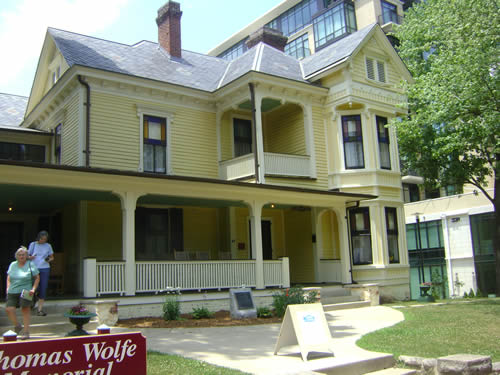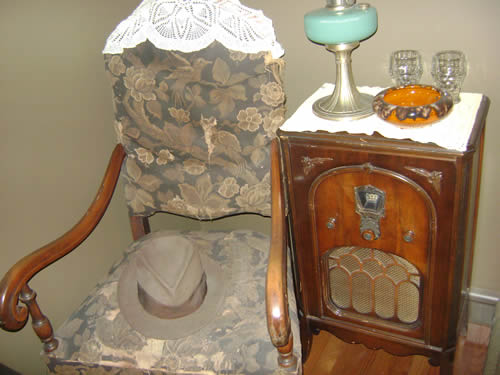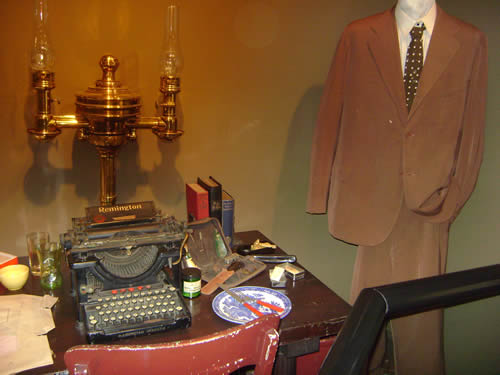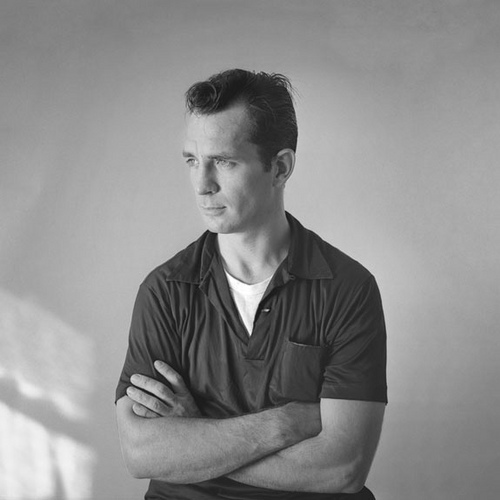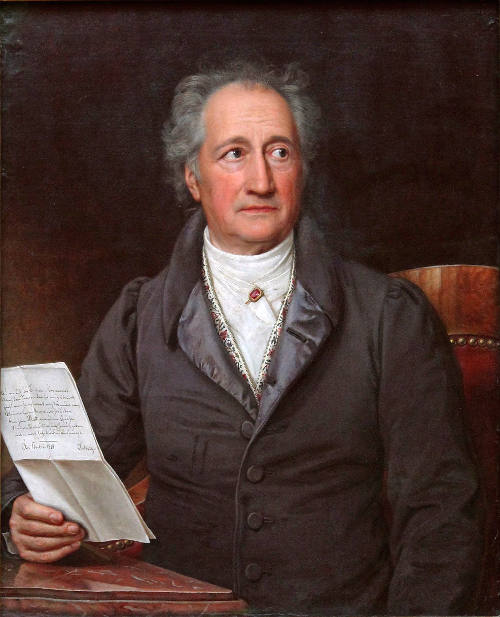
Here are the last words spoken by some famous authors:
“How gratifying!” ~ Robert Browning
“The damned doctors have drenched me so that I can scarcely stand. I want to sleep now.” ~ Lord Byron
[As he jumped overboard:]: “Goodbye, everybody!” ~ Hart Crane
“A dying man can do nothing easy.” ~ Benjamin Franklin
“More light!” ~ Johann Wolfgang von Goethe
“Well, I must arrange my pillows for another weary night! When will this end?” ~ Washington Irving
“Sister, you’re trying to keep me alive as an old curiosity, but I’m done, I’m finished, I’m going to die.” ~ George Bernard Shaw
“I am dying as I’ve lived: beyond my means; this wallpaper is killing me; one of us has got to go.” ~ Oscar Wilde
From Strouf, Judie LH: Literature Lover’s Book of Lists: Serious Trivia for the Bibliophile; Prentice Hall; 1998.
